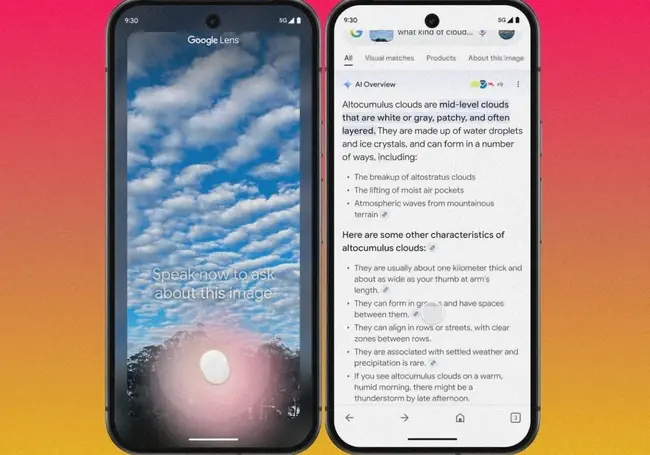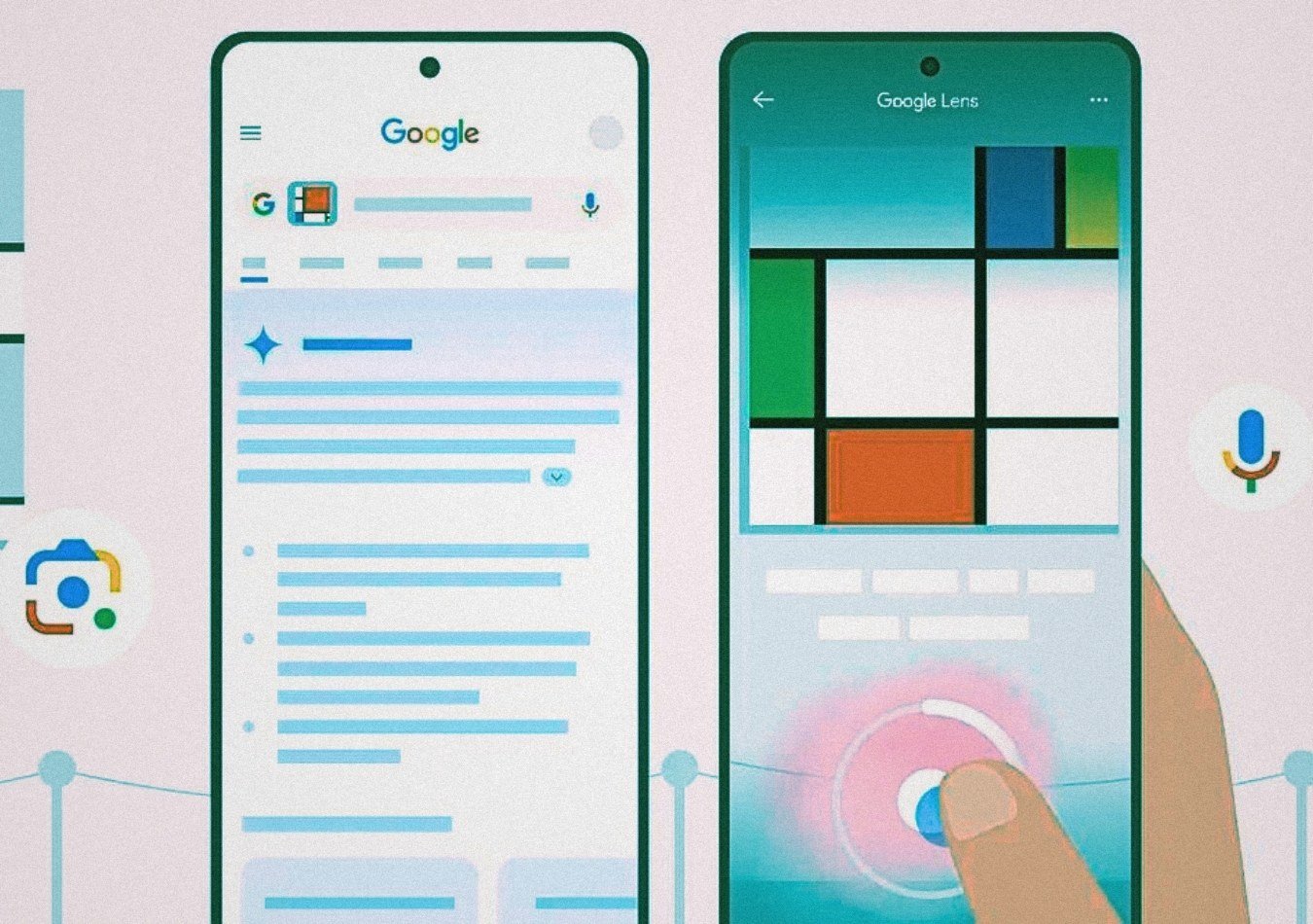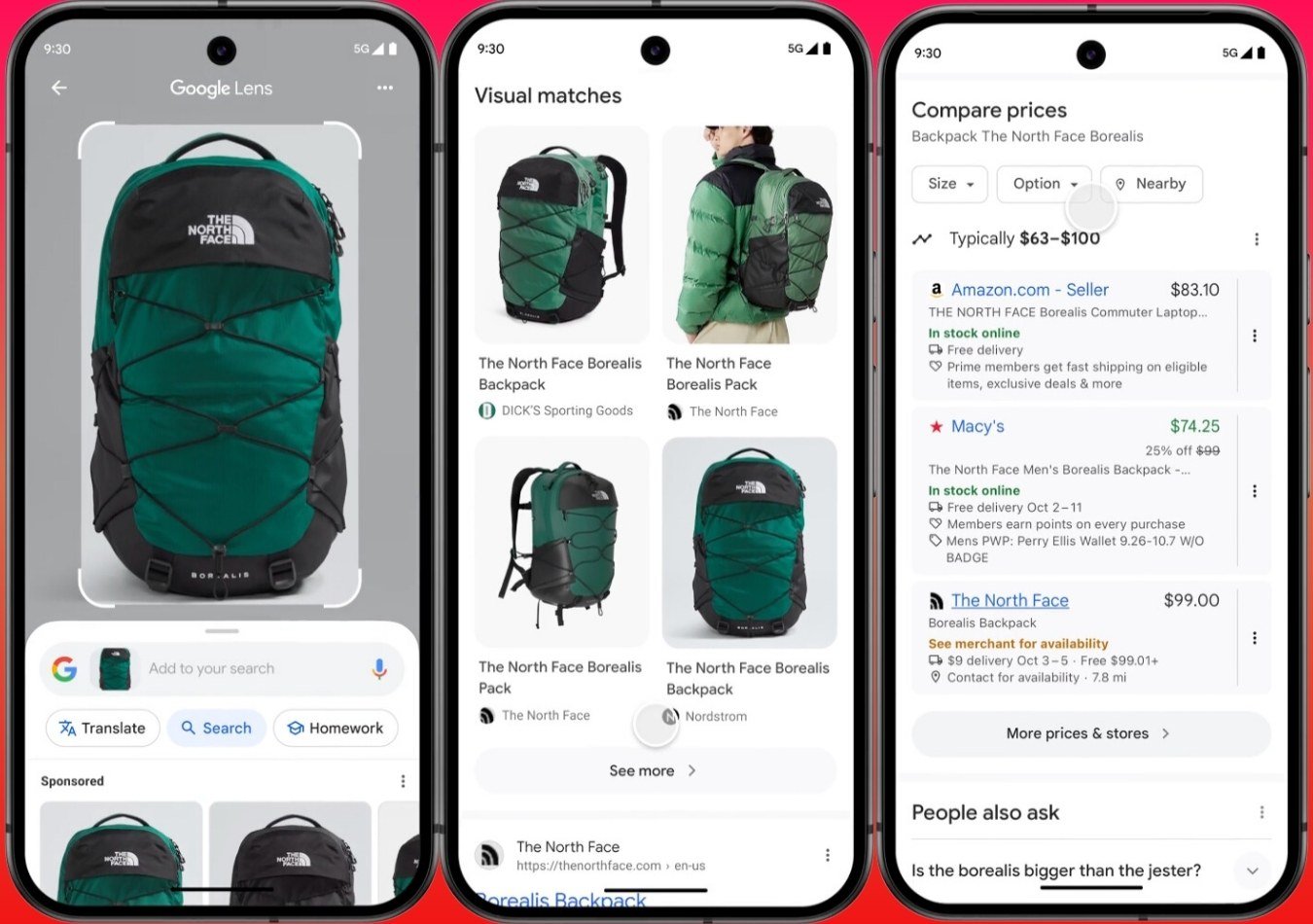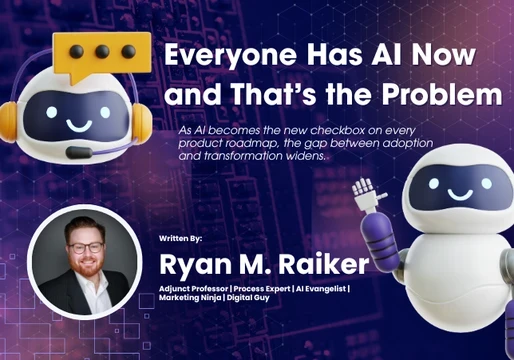In a move to stay on top of the AI race, Google announced the launch of a new artificial intelligence (AI) feature giving the green light to video search.
Users will be able to browse the internet via video, they can pinpoint their camera at something and prompt the feature to answer a query about the subject.
The video feature is available worldwide on both Android phones and iPhones.
The tech giant leaped into updating the search tool with AI with the ambition of expanding Google’s assistance to users in finding the right information to explore curiosities.
This was activated by enabling “AI Overviews” in the Google application which supports the English language solely for now.
Liz Reid, the VP of Google Search says over the years the company has continually reimagined Google Search to help users ask questions in any way they want — “whether you type a query, search with your camera or simply hum a tune.”
Now the company is taking another big leap by enhancing Search with significant updates using generative AI (gen AI) to dramatically expand how Google can help users.

What is Google AI video search?
Google AI introduced video to Google Lens last week – a new feature that allows users to search the internet by taking a video.

After previewing the video understanding capabilities at I/O, users can now optimize Google Lens to search by capturing a video and then inquiring the tool about the moving objects visible in it.
Liz explains using the aquarium as an example stating: “Say you’re at the aquarium and want to learn more about some interesting fish at one of the exhibits.”
The user should then open Lens in the Google app and hold down the shutter button to record while asking the question out loud. For instance, ask, “Why are they swimming together?”
Google's AI will analyze the video, identify the subject, and provide relevant search results.
“Our systems will make sense of the video and your question together to produce an AI Overview, along with helpful resources from across the web,” added Liz.
How to use Google AI video search?
The user can simply point the camera at an object and verbally ask Google Lens about the object and gain insights instantly on the inquiry.
For instance, imagine you're in a museum and see a painting you're curious about. You can use Google AI video search to identify the painting, learn about the artist, and discover its history.
To inquire, point your phone’s camera at the painting, prompt verbally stating, "What is this painting called?", and Google AI will provide relevant information.
The tech giant says voice input for Lens is now available globally in the Google app for Android and iOS, for English queries.
Additionally, Google also said that users will see a dramatic change in their results page. It now shows key information about the products users are looking for, including reviews, price information across retailers, and where to purchase them.

As an example, if a user spots a backpack at the airport and wants to buy one for themselves. They can take a photo and Lens will bring together its advanced AI models and Google’s Shopping Graph — which has information on more than 45 billion products — to identify the exact item.
This feature lets the user gain more insightful information on whatever catches their eye, and they can kick-start shopping right at the moment.
By leveraging Gen AI, Google hopes to change how people search online, aligning with their broader strategy of blending AI into their products and services.
OpenAI, the creator of ChatGPT, announced three months ago that they were experimenting with a search feature that would allow users to ask questions directly to their chatbots.
Both companies have been competing in the AI space for years now centered around the development and deployment of large language models (LLMs) and their applications.
Google's AI Overviews feature, which enables AI-powered search for users, was rolled out earlier this year. The feature faced initial criticism for providing inaccurate answers, such as suggesting that people use 'non-toxic glue' to make cheese stick to pizza. In response to this feedback, Google has since made significant improvements to the feature's accuracy.
Since then, Google Lens has boosted search by adding the ability to ask questions about still images using the application.
Google alleges that this feature seems to have increased the popularity of Lens, within its mobile app, further motivating the expansion of the feature.







Comments ( 0 )